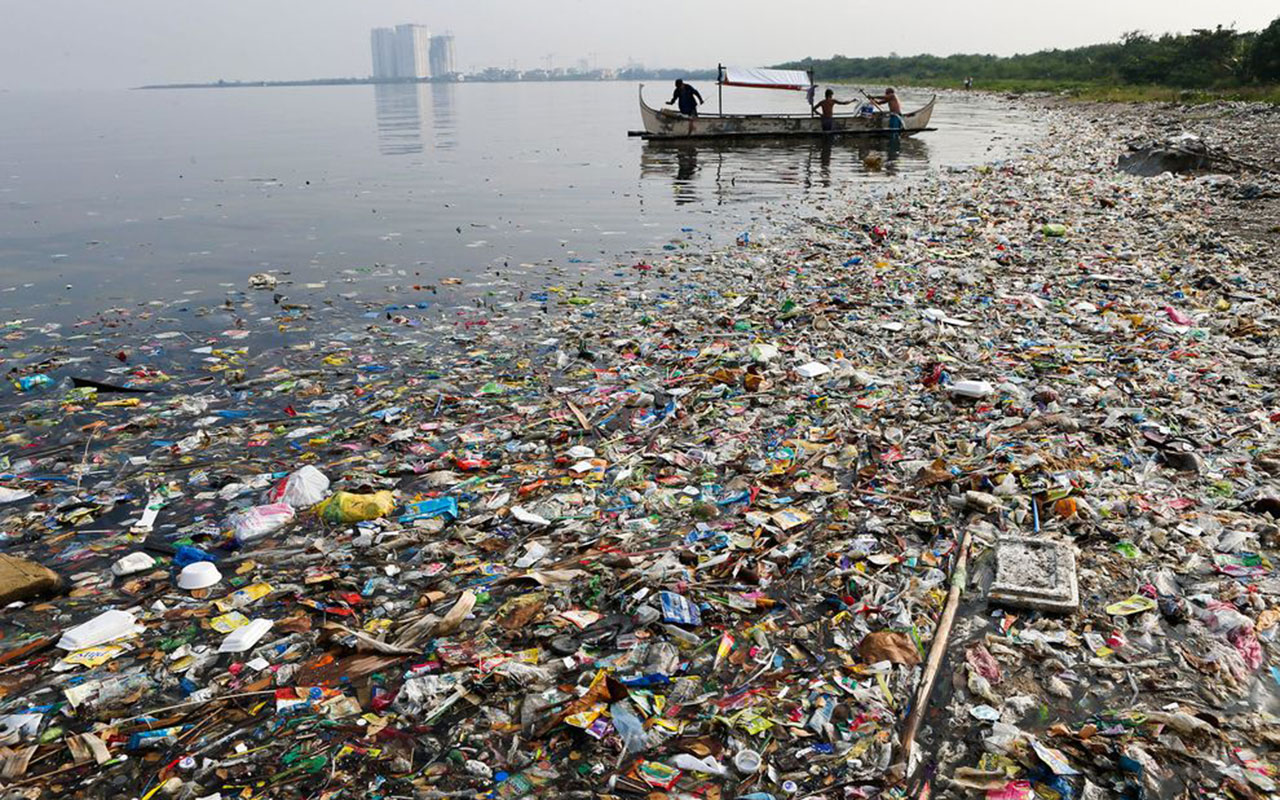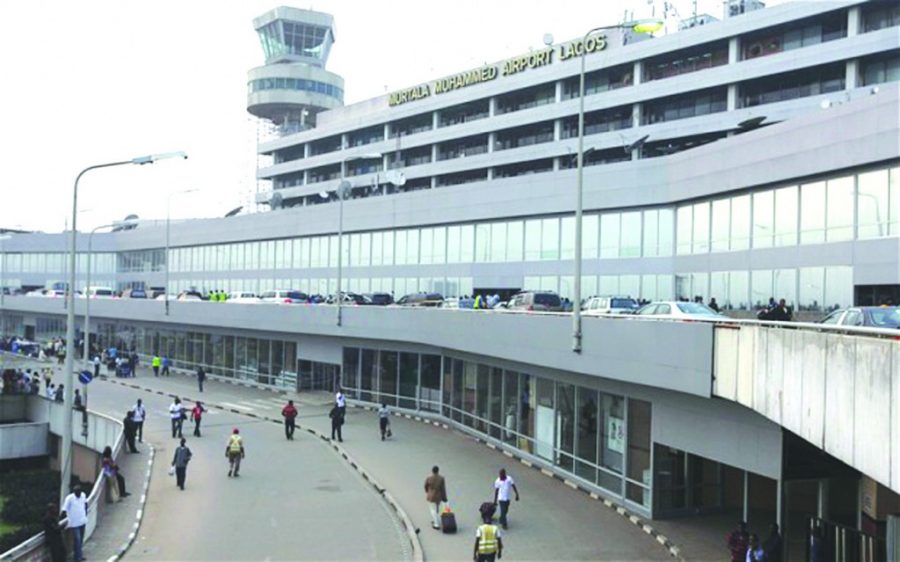 Stakeholders are worried about rising plastic and non-degradable wastes generated yearly in the country, stressing that they are threatening marine transportation and life at sea.
Stakeholders are worried about rising plastic and non-degradable wastes generated yearly in the country, stressing that they are threatening marine transportation and life at sea.
They lamented that despite the enactment of the International Convention for the Prevention of Pollution from Ships (MARPOL) 50 years ago with Nigeria ratifying and domesticating it, there have been non-implementation and enforcement policies to the global instrument to counter pollution in the marine environment.
They stated this at the Lagos International Maritime Week (LIMWEEK) 2023, hosted by Zoe Maritime Resources Ltd with the theme: ‘MARPOL at 50: Pollution from Ships, Africa’s Commitment to Clean Oceans, Seas, Inland Waters and Maritime Environment’, held in Lagos.
The President of African Women in Maritime (WIMA) Nigeria, Rollens Macfoy, lamented that domestic wastes, including all plastics and other non-degradable waste, find their way into the waters, thereby endangering water transportation and destroying aquatic life.
Macfoy also noted that pollution from vessels such as ballast water has a damaging effect on the fishing sector.
She said the waste, which enters the sea destroys marine craft, just as she narrated her experience on a speed boat that stopped in the middle of the sea due to a plastic bag that got stocked in the engine.
According to her, some boat operators repair engines while at sea as they waste most time knocking down the engines, which if no help comes on time, the craft could sink into the sea.
Macfoy also lamented that even the waste management activities of Lagos Waste Management Authority (LAWMA) have been haphazard, with residents suffering environmental and health challenges from their operations, especially as they lack appropriate dumpsites and recycling facilities, among others.
The WIMA boss called for appropriate legislation, which will require manufacturers of plastic containers as well as those seeking licenses to operate, to have a chain-return process that will ensure their wastes are returned to them for recycling or appropriate disposal.
The Managing Director and Chief Executive Officer of NLNG Shipping and Marine Services Limited (NSML), Abdulkadir Ahmed, said plastic pollution has become a menace in the country’s oceans and waterways, which has taken centre stage in the last few years, with the maritime sector key to the conversation.
According to him, plastic pollution and marine litter continue to pose significant challenges to shipping and marine operations, noting that the oceans and waterways are indispensable for the overall well-being of the planet and all life forms they support.
He said addressing the threats posed by these harmful environmental issues is crucial to maintaining the integrity and cleanliness of marine ecosystems.
Ahmed said by fully domesticating the MARPOL convention, driving adoption and compliance through the implementation of schemes such as ridding the waterways of plastics and adhering to international regulations, the nation’s oceans and waterways can be safeguarded.
He said NSML, in recognition of the environmental, health and socio-economic impact of unfettered plastic pollution in the waterways and oceans, launched the “NSML Clean Waterways Initiative,” aimed at highlighting the devastating effects and impacts of plastics, litter and debris on the nation’s waterways.
Also speaking, the President of Women’s International Shipping and Trading Association (WISTA) Nigeria, Mrs. Eunice Ezeoke, expressed dissatisfaction with Nigeria’s ranking in the top 10 countries for mismanagement of plastics globally.
Ezeoke called on governments and regulatory authorities for result-oriented and other innovative approaches to addressing plastic pollution, including legislation to curb plastic waste in the country.
She urged organisations in the country to explore pet projects in recycling in a bid to convert waste to wealth, especially as the Food and Beverage Recycling Alliance (FBRA) stated that the untapped Nigerian plastic waste sector is worth over N2.2 billion.






